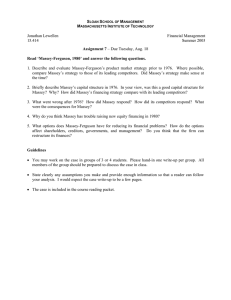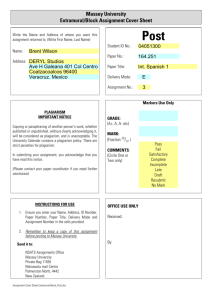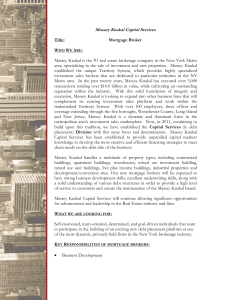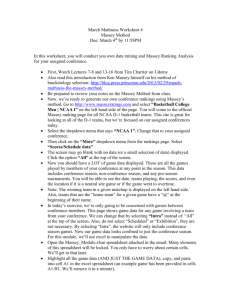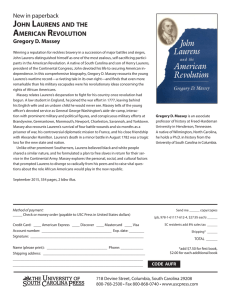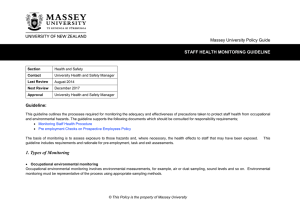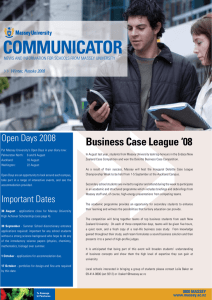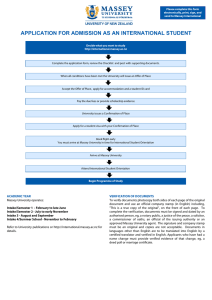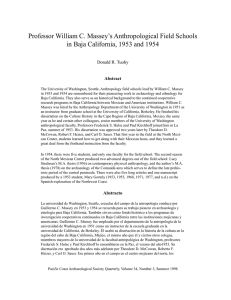Caperton v. A. T. Massey Coal Co.
advertisement
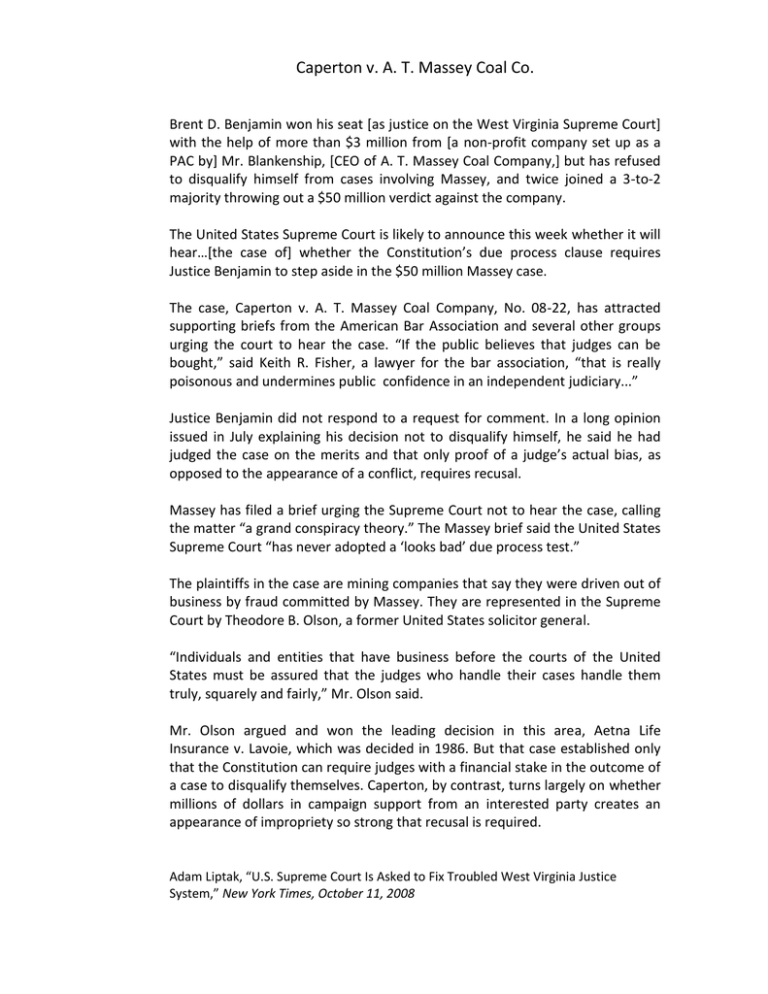
Caperton v. A. T. Massey Coal Co. Brent D. Benjamin won his seat [as justice on the West Virginia Supreme Court] with the help of more than $3 million from [a non-profit company set up as a PAC by] Mr. Blankenship, [CEO of A. T. Massey Coal Company,] but has refused to disqualify himself from cases involving Massey, and twice joined a 3-to-2 majority throwing out a $50 million verdict against the company. The United States Supreme Court is likely to announce this week whether it will hear…[the case of] whether the Constitution’s due process clause requires Justice Benjamin to step aside in the $50 million Massey case. The case, Caperton v. A. T. Massey Coal Company, No. 08-22, has attracted supporting briefs from the American Bar Association and several other groups urging the court to hear the case. “If the public believes that judges can be bought,” said Keith R. Fisher, a lawyer for the bar association, “that is really poisonous and undermines public confidence in an independent judiciary...” Justice Benjamin did not respond to a request for comment. In a long opinion issued in July explaining his decision not to disqualify himself, he said he had judged the case on the merits and that only proof of a judge’s actual bias, as opposed to the appearance of a conflict, requires recusal. Massey has filed a brief urging the Supreme Court not to hear the case, calling the matter “a grand conspiracy theory.” The Massey brief said the United States Supreme Court “has never adopted a ‘looks bad’ due process test.” The plaintiffs in the case are mining companies that say they were driven out of business by fraud committed by Massey. They are represented in the Supreme Court by Theodore B. Olson, a former United States solicitor general. “Individuals and entities that have business before the courts of the United States must be assured that the judges who handle their cases handle them truly, squarely and fairly,” Mr. Olson said. Mr. Olson argued and won the leading decision in this area, Aetna Life Insurance v. Lavoie, which was decided in 1986. But that case established only that the Constitution can require judges with a financial stake in the outcome of a case to disqualify themselves. Caperton, by contrast, turns largely on whether millions of dollars in campaign support from an interested party creates an appearance of impropriety so strong that recusal is required. Adam Liptak, “U.S. Supreme Court Is Asked to Fix Troubled West Virginia Justice System,” New York Times, October 11, 2008
